

This NAIDOC Week, we recognise the immense role that Aboriginal and Torres Strait Islander women play across our country, within our communities and in our families.
So we asked Red Cross staff to identify the Aboriginal and Torres Strait Islander women who have led, inspired, sustained and enriched them.
Here they are.
This page contains the names and images of Aboriginal and Torres Strait Islander peoples who are now deceased.
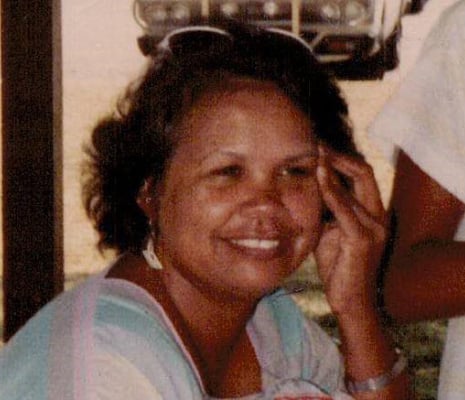
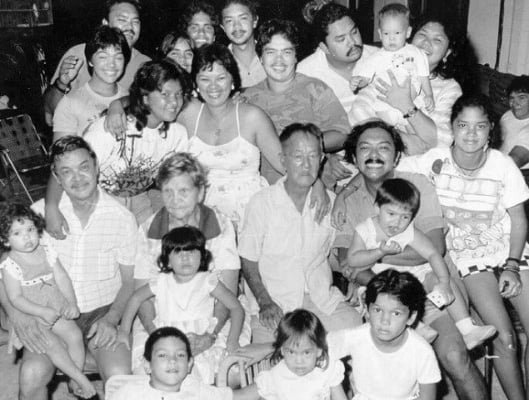
Dear Nanna,
We can’t imagine how hard your life was.
You were taken from your mother when you were five years old to Beagle Bay Mission, listed as a fair skin Aboriginal girl called Polly and renamed Mary – where you lived until you were a young woman, then sent to work as a housemaid.
You were evacuated from Darwin with your children in World War II and again after Cyclone Tracy.
You showed us strength, independence and resilience – owning businesses and helping to raise a large family – which has grown to nearly 100 members. Thank you.
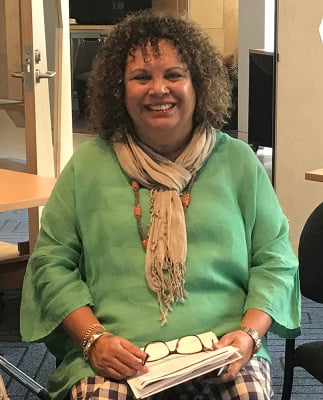
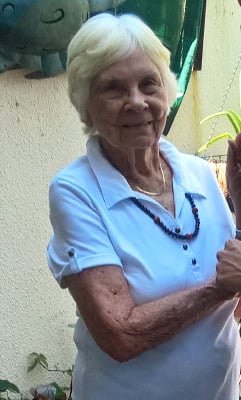
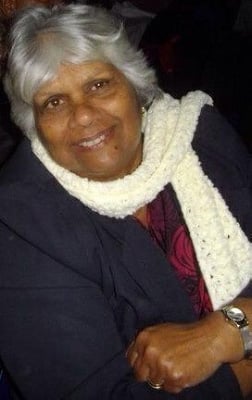
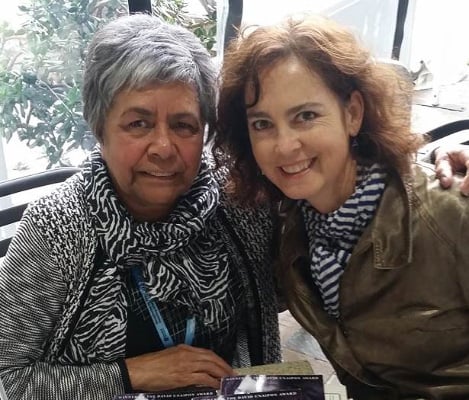
Because of Lesley Williams and reading her autobiography, Not Just Black and White, I have a greater understanding of life growing up under the Aborigines Protection Act in the Cherbourg Aboriginal community.
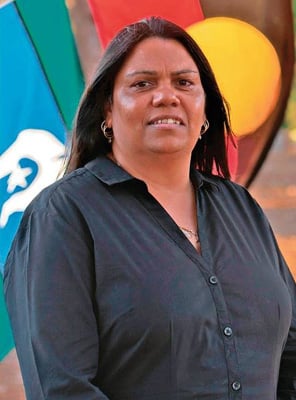
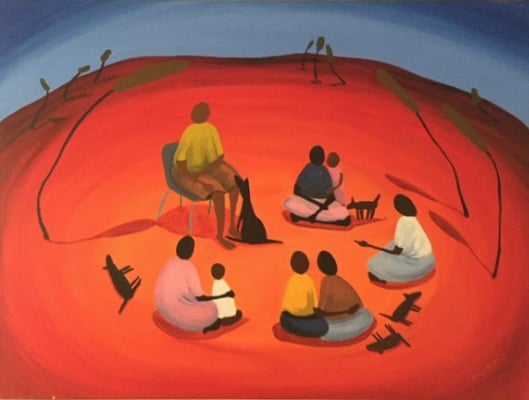
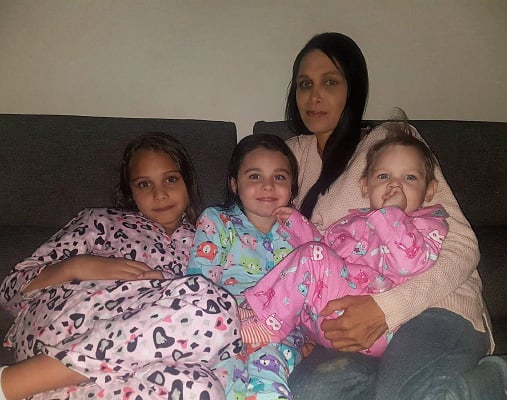
My daughter Nicole Yarran lost her 18-month battle with cancer on 29 August 2017. In 2015, Nic presented with severe weight lost, bleeding from her bowel and pain in her back relating to her liver. These symptoms are associated with liver and bowel cancer. Nic presented to the surgery several times and yet Nic’s then-GP refused to acknowledge that they were symptoms associated with cancer, with comments such as “you are too young for bowel cancer” each time Nic visited the surgery. Nic sourced a second opinion and was told it was celiac disease – no screening, blood or stool, just their word.
In 2015 Nic became pregnant with her third daughter, Alavi. It was during the routine ultrasound for her pregnancy that they discovered the eight golf ball–size tumours on Nic’s liver. On Christmas Eve 2015, Nic received the devastating news that she had stage four liver and bowel cancer. While most people were celebrating Christmas, my daughter and granddaughters, Alkere and Aaylah, were dealing with the prospect of the inevitable.
On Boxing Day, Nic and her twin sister Sasha flew to Perth to commence the cancer journey. Nic was pregnant and although was advised that a termination would be an option to start her intensive treatment, Nic’s attitude was, "hell no, it’s not an option”. So rather than terminate her pregnancy to survive, Nic risked her life to allow Alavi the opportunity of her life. Many may think that it was selfish because Nic had two other daughters, but to Nic, there was no option. She gave her life so that Alavi could have hers.
To me there is no other perfect story than this, because as theme states “Because of her I can”, Alavi can say it with pride, because my mother sacrificed her life to give me mine. And as Nic’s mother, I admit I was angry at Nic’s decision, but I realised my daughter was twice the woman I am, because she wanted her daughter to have life and if it meant hers, then she believed it was the right thing to do. Unfortunately Nic lost her battle August 29 2017, 18 months after her diagnosis. So to me there is no person more deserving of this year’s NAIDOC theme than my daughter Nicole Raechelle Yarran resting in paradise. ‘Because of her we can’
This is a short version of my daughter's story. The ABC's 7.30 Report actually did a story on her and Nic’s story raised awareness of young people developing bowel cancer under the age of 30 and the Cancer Council are now introducing screening if people present with symptoms, so my daughter was always my hero, but now she has left an legacy that helps young people be recognised as suffers and victims of bowel cancer, because as we know cancer does not discriminate, it knows no barriers of age, colour or religion.
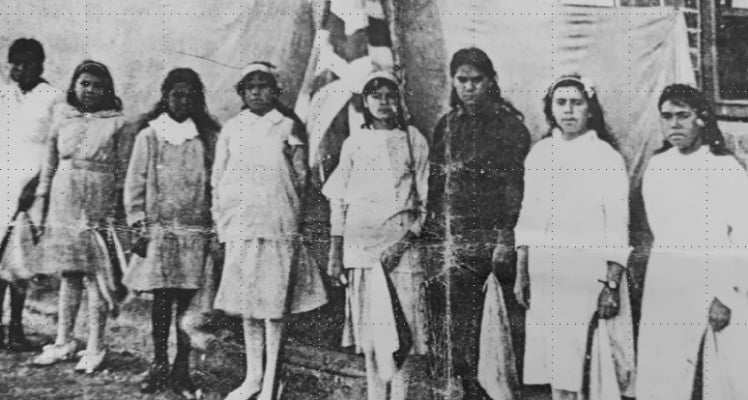
My amazing Aboriginal woman is my Nana, Edith Emily Wilson, or as she was known as “Girlie Wilson”. She was a proud Ngarrindjeri woman, born on Point McLeay Mission (later, when returned to our people, it was renamed Raukkan) but was moved to Point Pearce at a very early age. I will not talk about her early life because it was one of poverty, exclusion and extreme cruelty, and to be honest too upsetting for me to write about.
However, to give some context, she lived under many colonial laws which tried to strip her of her dignity and worth, but probably one of the worse laws was in 1939 when the SA Government formed the Aboriginal Protection Board. The Board was charged with:
It also began an era of Exemption Certificates, which Aboriginal people still call today “dog licences”.
Aboriginal people could receive an unconditional and limited exemption from the Act. However it also meant that they were no longer considered Aboriginal for the purposes of the Act and were forced to forego their Indigenous identity and culture, their family and their homelands, in exchange for living and participating in the wider community.
To live under these laws, with overwhelming discrimination and exclusion, had a profound effect on her.
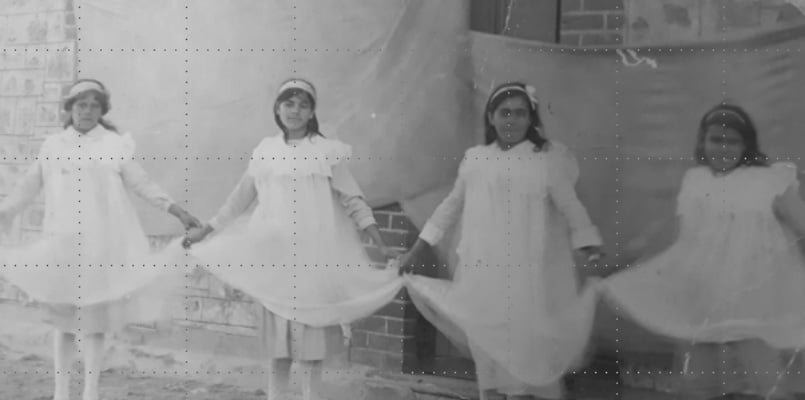
My Nana had 10 children, but lost five babies at or just after birth. As a mother myself, I could not imagine the pain and deep sorrow she went through.
Eventually she ended up living in the centre of Adelaide with five kids and my Irish grandfather, my Pop. She joined the Aboriginal Advancement League and with this she continued to fight for justice for her people until her death.
One of her many achievements while being with the Aboriginal Advancement League was being part of a group of woman who advocated for a hostel for woman who were moved into the city from the Missions. The Hostel was called “Wiltja”, which in our language means a temporary shelter particularly from the sun, and still stands today. It is now a boarding school for remote Aboriginal kids to stay in while they go to school in the city.
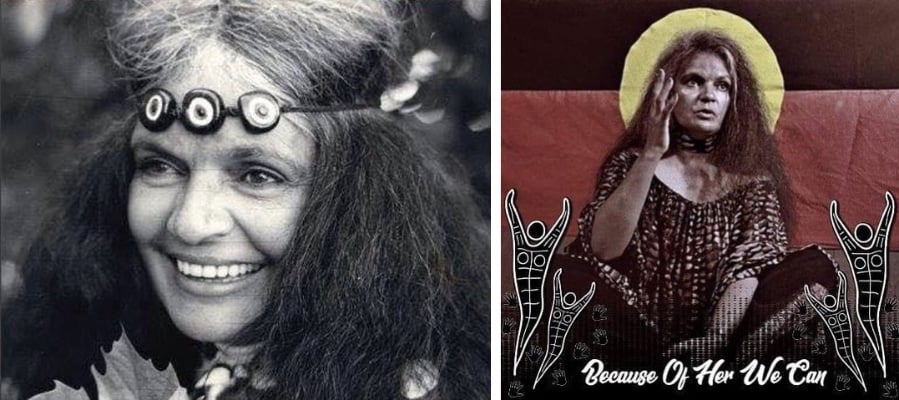
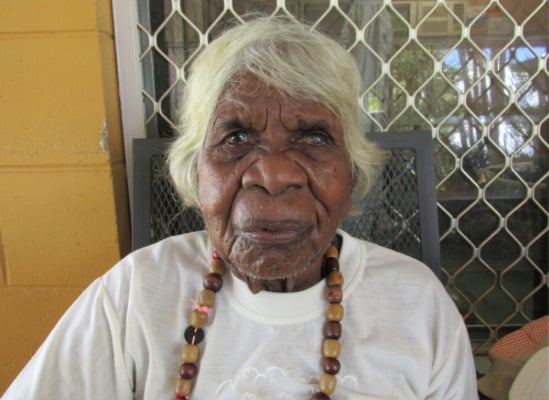
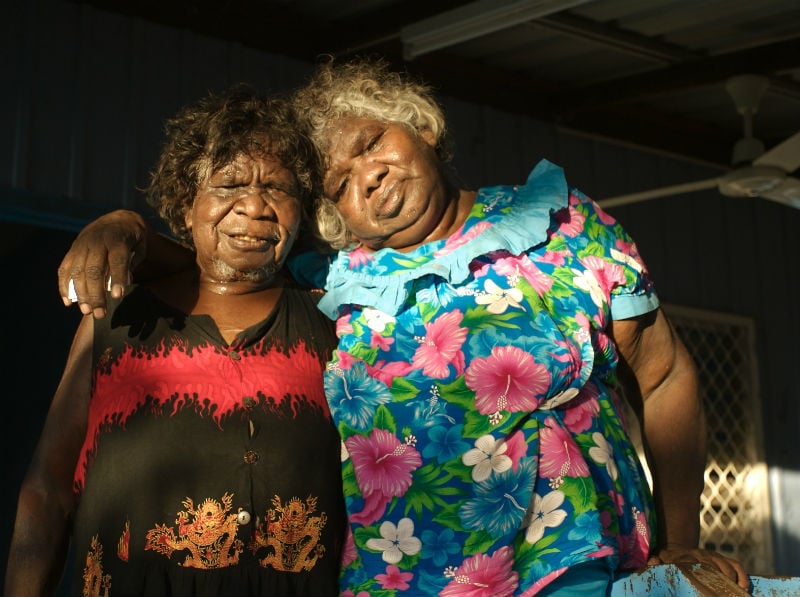
Jilkminggan was just a name; there were no houses, no tap water, no electricity, nothing.
“We started building with tin and paperbark. In those days we didn't have any tarps rigged up against the rain. For nearly three or four years we didn't have buildings here, we just made paperbark humpies. Me and my sister used to get up early in the morning with our husbands. Five o'clock we used to walk down to Elsey Creek, gather paperbark and take it up, and when DAA came down they'd help us cart it back.
“We had a big job doing this, all day long, the whole community, and cut down paperbark trees and bring in paperbark, drag it three and four kilometres by hand, to build bough shelters and buildings. That was the start of it, a whole community involvement.”
Over the years, the Mangarayi people watched the Elsey lease change hands many times. In 1991, they finally got the chance to buy it themselves.
Jessie remembers their excitement at buying the station back. Elsie station is now recognised as one of Australia's best managed Aboriginal Stations with 10,000 brahmans.
Red Cross pays our respects to the Aboriginal and Torres Strait Islander custodians of the country where we work, and to Elders, past, present and emerging.
Learn about our Reconciliation Action Plan and how we can all make reconciliation real.
This website may contain the images, voices or names of people who have passed away.


© Australian Red Cross 2025. ABN 50 169 561 394
